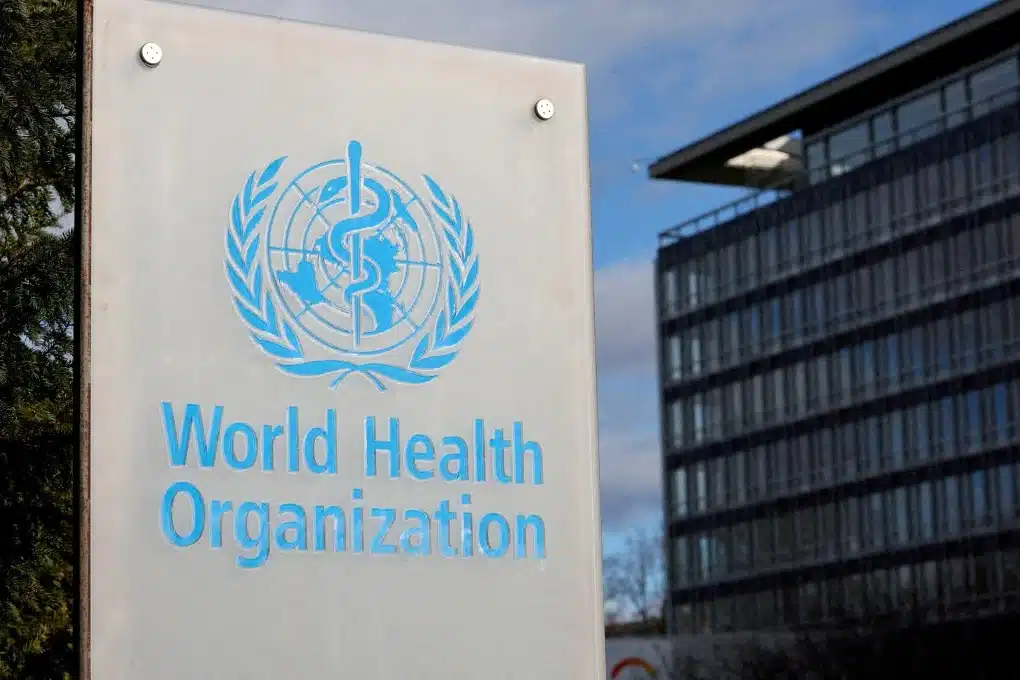WHO EMRO | Alzheimer’s and Brain Awareness Month

June marks Alzheimer’s and Brain Awareness Month, a time dedicated to increasing understanding of dementia and its impact on millions worldwide. Currently, approximately 55 million individuals live with dementia, a figure projected to rise to 78 million by 2030. The majority of these cases are found in low- and middle-income countries, highlighting the urgent need for improved care and support. In the Eastern Mediterranean Region alone, around 2.3 million people are affected, making dementia the 14th leading cause of death in the area.
Understanding Dementia and Its Impact
Dementia encompasses a range of diseases that impair memory and cognitive functions, significantly affecting daily life. It is a progressive condition that disrupts various brain functions, including memory, judgment, and language skills. Early signs often include a decline in motivation and social behavior. Alzheimer’s disease, the most recognized form of dementia, is characterized by gradual memory loss and cognitive decline. While aging is the primary risk factor, dementia is not an inevitable part of growing older.
The lack of awareness surrounding dementia contributes to stigma and hinders timely diagnosis and care. This not only affects those diagnosed but also places a considerable burden on caregivers and families. The economic implications are staggering; in 2019, the global cost of dementia was estimated at $1.3 trillion, accounting for 1.5% of the world’s GDP. In the Eastern Mediterranean Region, this cost reached $31.2 billion, with projections indicating that it could exceed $2.8 trillion by 2030.
Preventable Factors and Comprehensive Care
Research indicates that approximately 45% of dementia cases could be prevented by addressing 14 modifiable risk factors throughout life. The World Health Organization (WHO) advocates for a comprehensive approach to dementia care in the Eastern Mediterranean Region. This strategy emphasizes integrating dementia into broader health and social programs, utilizing low-cost yet effective interventions, and investing in awareness campaigns to combat stigma. Additionally, promoting lifestyle changes, cognitive training, and early detection can significantly reduce the risk of developing dementia.
The WHO’s Global Action Plan on the Public Health Response to Dementia (2017-2025) serves as a framework for member states. It aims to create a world where dementia is preventable and where individuals living with the condition, along with their caregivers, receive the necessary support to lead meaningful and dignified lives.
Advocacy and Future Directions
As Alzheimer’s and Brain Awareness Month unfolds, it is crucial to continue advocating for better understanding and support for those affected by dementia. Increased awareness can lead to improved care strategies and a reduction in stigma, ultimately benefiting millions of individuals and their families. The WHO’s ongoing initiatives, including regional workshops and the implementation of the Global Action Plan, are vital steps toward addressing the challenges posed by dementia. By fostering collaboration and commitment, there is hope for a future where dementia care is prioritized and effectively managed.
Observer Voice is the one stop site for National, International news, Sports, Editor’s Choice, Art/culture contents, Quotes and much more. We also cover historical contents. Historical contents includes World History, Indian History, and what happened today. The website also covers Entertainment across the India and World.

